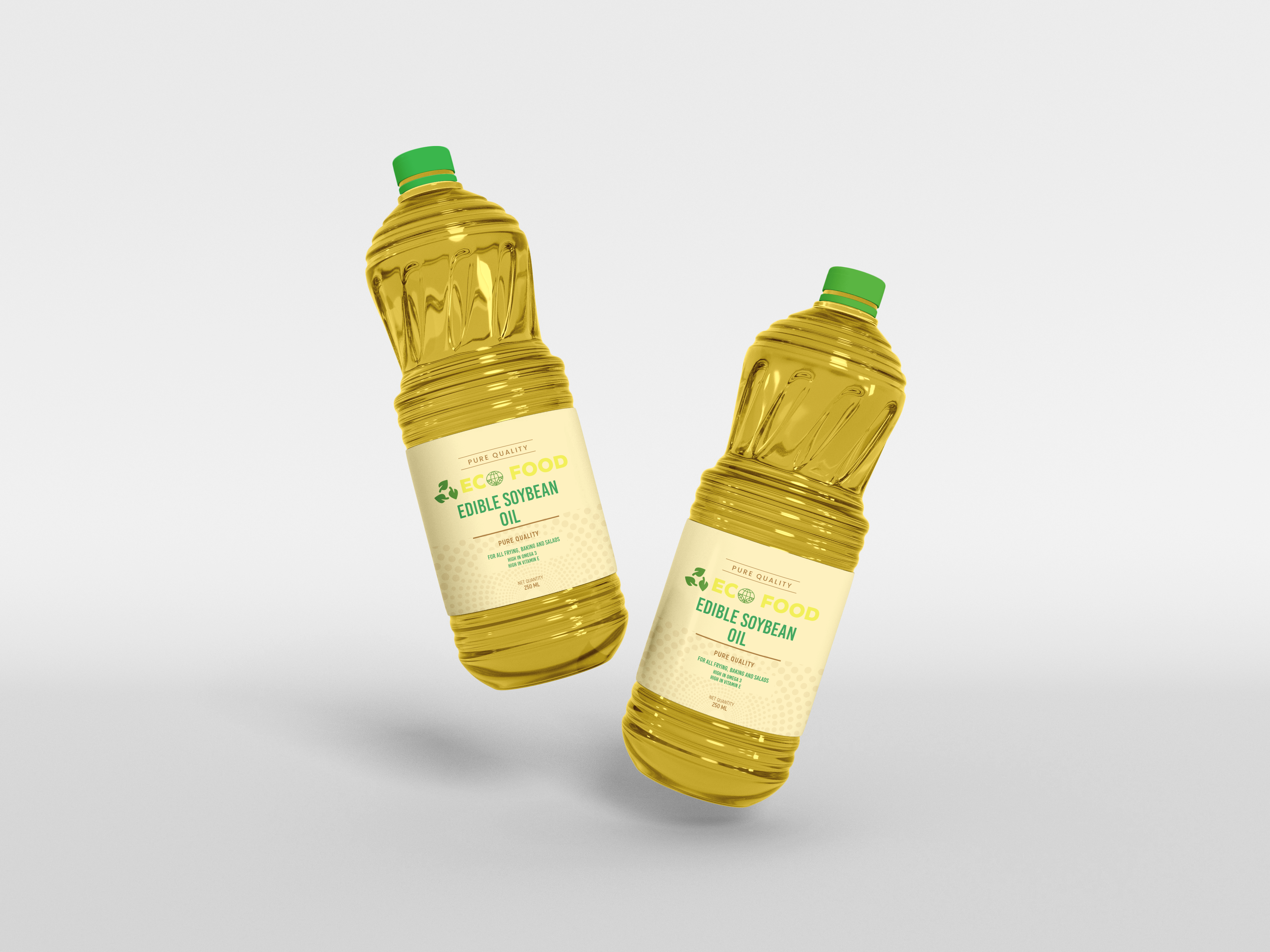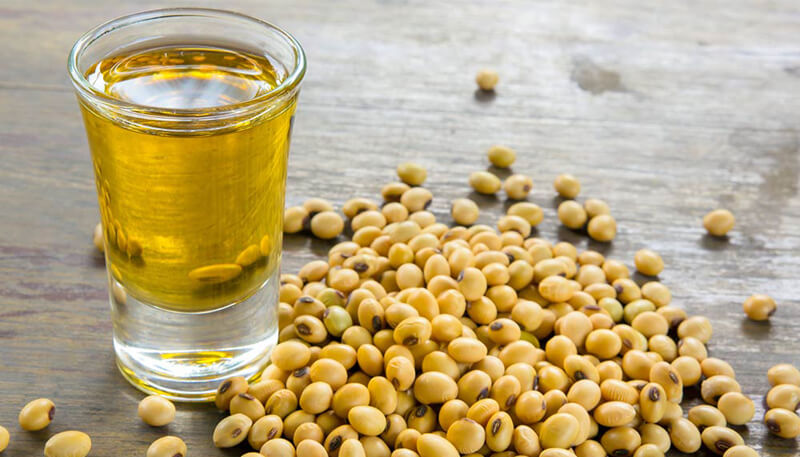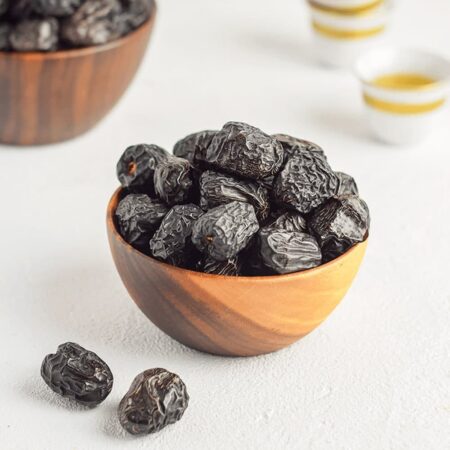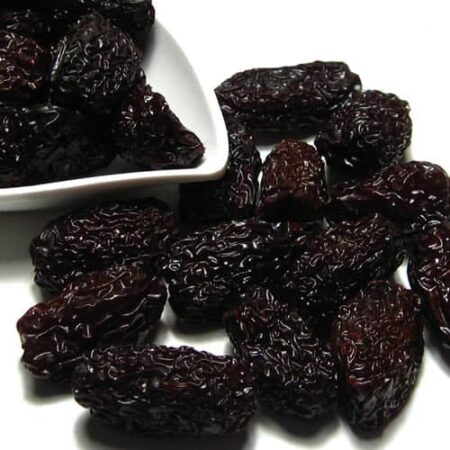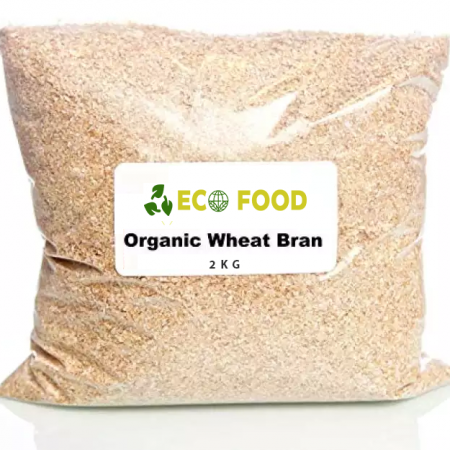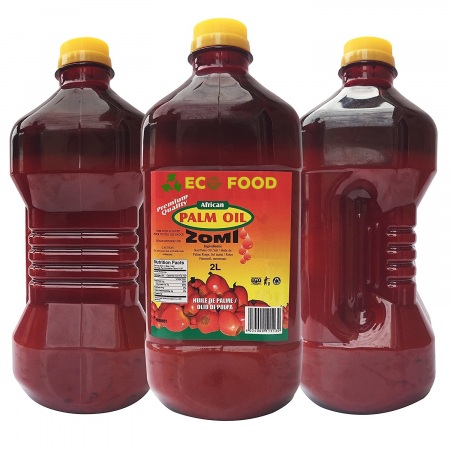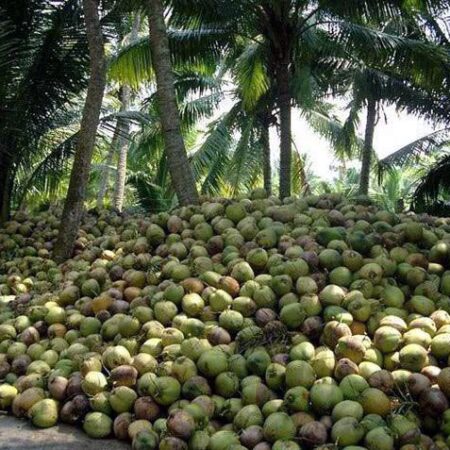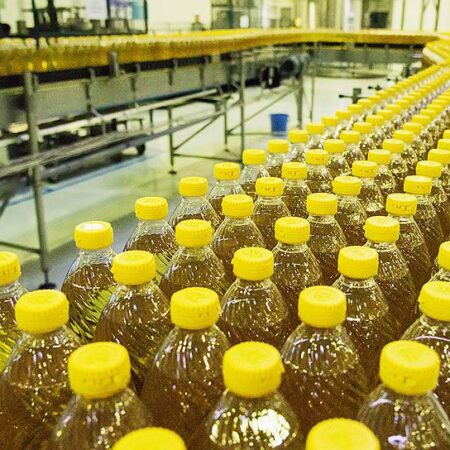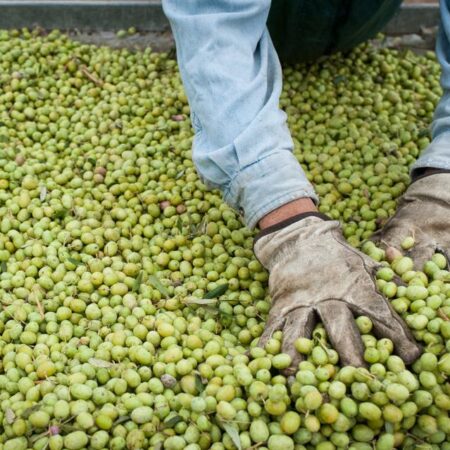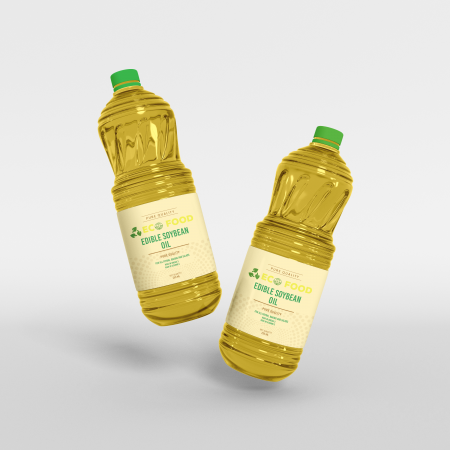Description
Soybeans or soya beans (Glycine max) are a type of legume native to eastern Asia.
They are an important component of Asian diets and have been consumed for thousands of years. Today, they are mainly grown in Asia and South and North America.
In Asia, soybeans are often eaten whole, but heavily processed soy products are much more common in Western countries.
Various soy products are available, including soy flour, soy protein, tofu, soy milk, soy sauce, and soybean oil.
Soybeans contain antioxidants and phytonutrients that are linked to various health benefits. However, concerns have been raised about potential adverse effects.
This article tells you everything you need to know about soybeans.
We include products we think are useful for our readers. If you buy through links on this page, we may earn a small commission. Here’s our process.
Nutrition facts
Soybeans are mainly composed of protein but also contain good amounts of carbs and fat.
The nutrition facts for 3.5 ounces (100 grams) of boiled soybeans are (1Trusted Source):
Calories: 173
Water: 63%
Protein: 16.6 grams
Carbs: 9.9 grams
Sugar: 3 grams
Fiber: 6 grams
Fat: 9 grams
Saturated: 1.3 grams
Monounsaturated: 1.98 grams
Polyunsaturated: 5.06 grams
Omega-3: 0.6 grams
Omega-6: 4.47 g
Protein
Soybeans are among the best sources of plant-based protein.
The protein content of soybeans is 36–56% of the dry weight (2Trusted Source, 3Trusted Source, 4Trusted Source).
One cup (172 grams) of boiled soybeans boasts around 29 grams of protein (5Trusted Source).
The nutritional value of soy protein is good, although the quality is not quite as high as animal protein (6Trusted Source).
The main types of protein in soybeans are glycinin and conglycinin, which make up approximately 80% of the total protein content. These proteins may trigger allergic reactions in some people (4Trusted Source, 7Trusted Source).
Consumption of soy protein has been linked with a modest decrease in cholesterol levels (8Trusted Source, 9Trusted Source, 10Trusted Source).
Fat
Soybeans are classified as oilseeds and used to make soybean oil.
The fat content is approximately 18% of the dry weight — mainly polyunsaturated and monounsaturated fatty acids, with small amounts of saturated fat (11Trusted Source).
The predominant type of fat in soybeans is linoleic acid, accounting for approximately 50% of the total fat content.
Carbs
Being low in carbs, whole soybeans are very low on the glycemic index (GI), which is a measure of how foods affect the rise in blood sugar after a meal (12).
This low GI makes soybeans suitable for people with diabetes.
Fiber
Soybeans contain a fair amount of both soluble and insoluble fiber.
The insoluble fibers are mainly alpha-galactosides, which may cause flatulence and diarrhea in sensitive individuals (13Trusted Source, 14Trusted Source).
Alpha-galactosides belong to a class of fibers called FODMAPs, which may exacerbate the symptoms of irritable bowel syndrome (IBS) (15Trusted Source).
Despite causing unpleasant side effects in some people, soluble fibers in soybeans are generally considered healthy.
They are fermented by bacteria in your colon, leading to the formation of short-chain fatty acids (SCFAs), which may improve gut health and reduce your risk of colon cancer (16Trusted Source, 17Trusted Source).
SUMMARY
Soybeans are a very rich source of plant-based protein and fat. What’s more, their high fiber content is good for your gut health.
Vitamins and minerals
Soybeans are a good source of various vitamins and minerals, including:
Molybdenum. Soybeans are rich in molybdenum, an essential trace element primarily found in seeds, grains, and legumes .
Vitamin K1. The form of vitamin K found in legumes is known as phylloquinone. It plays an important role in blood clotting.
Folate. Also known as vitamin B9, folate has various functions in your body and is considered particularly important during pregnancy .
Copper. Dietary intake of copper is often low in Western populations. Deficiency may have adverse effects on heart health .
Manganese. A trace element found in most foods and drinking water. Manganese is poorly absorbed from soybeans due to their high phytic acid content.
Phosphorus. Soybeans are a good source of phosphorus, an essential mineral abundant in the Western diet.
Thiamine. Also known as vitamin B1, thiamine plays an important role in many bodily functions.
SUMMARY
Soybeans are a good source of several vitamins and minerals, including vitamin K1, folate, copper, manganese, phosphorus, and thiamine.

